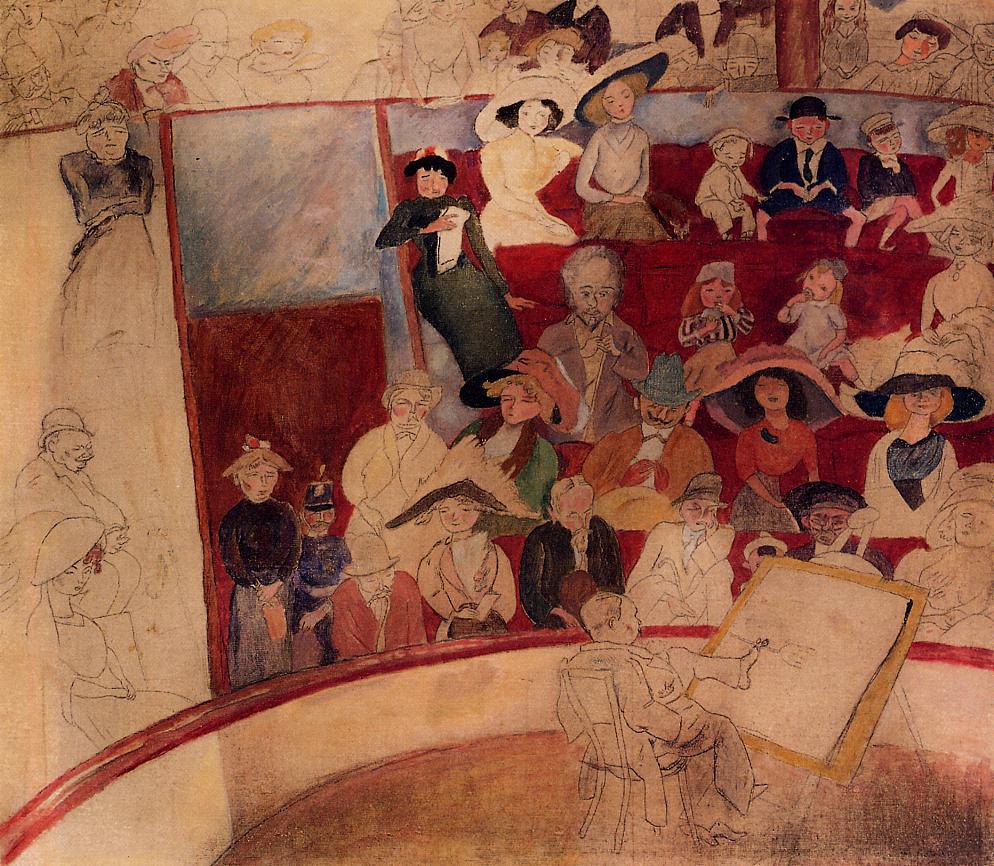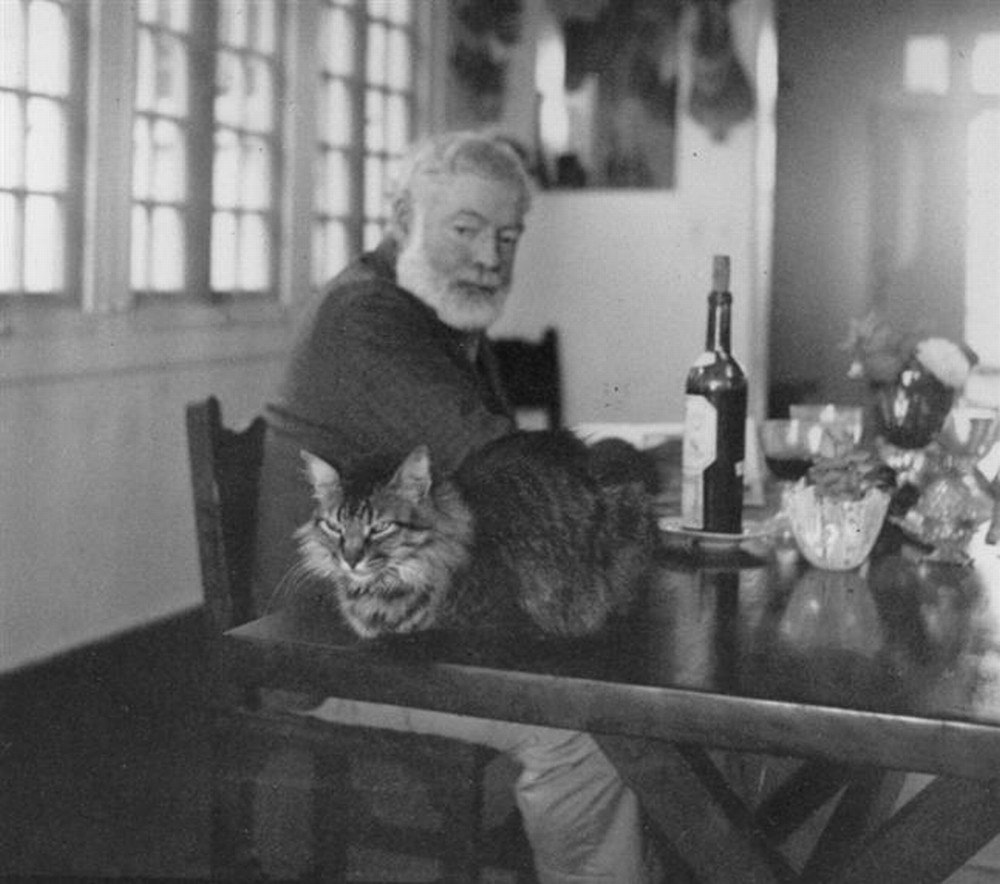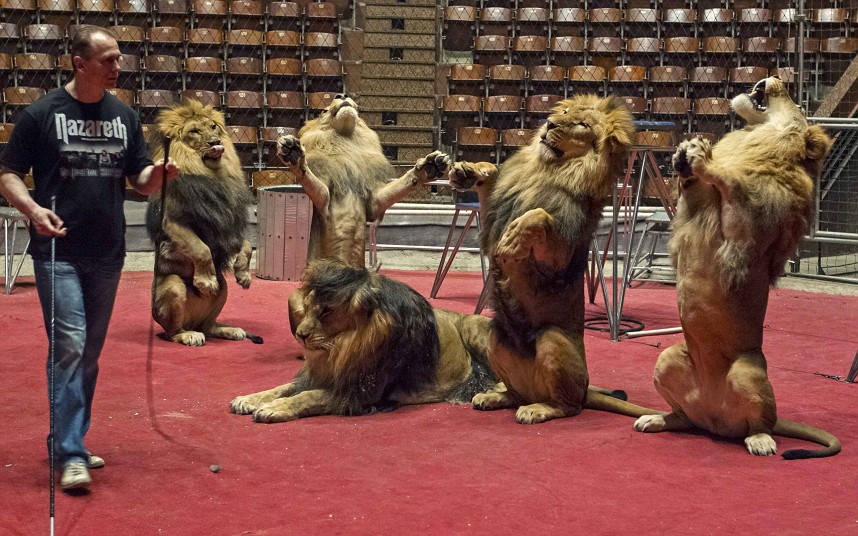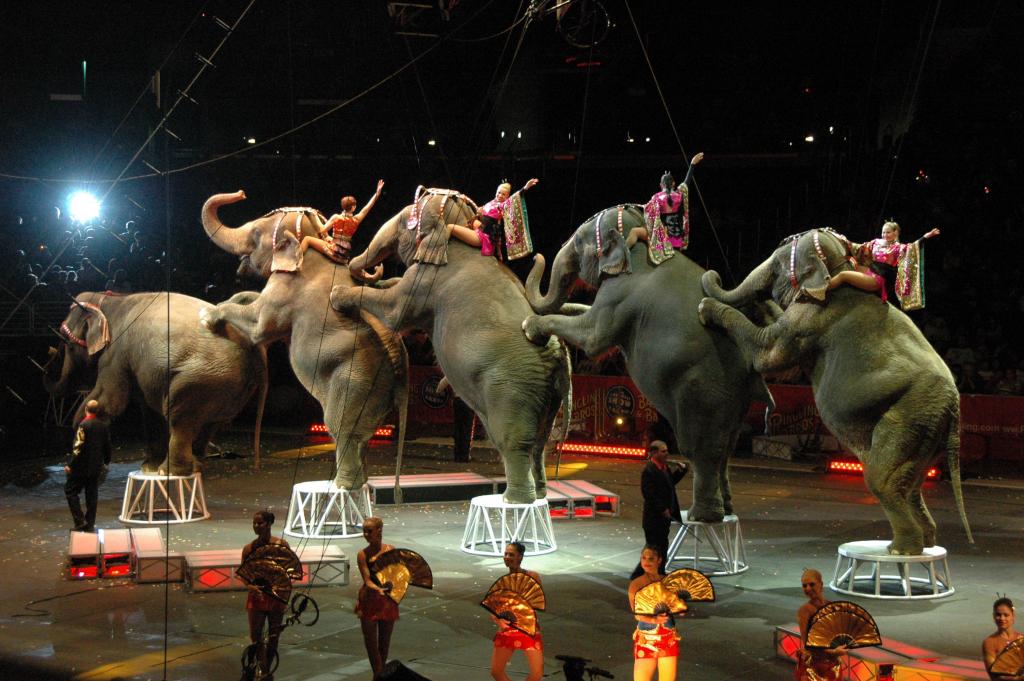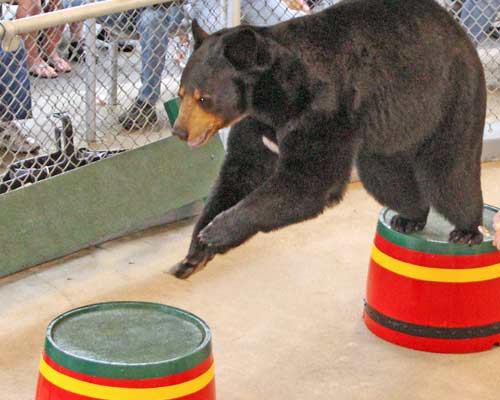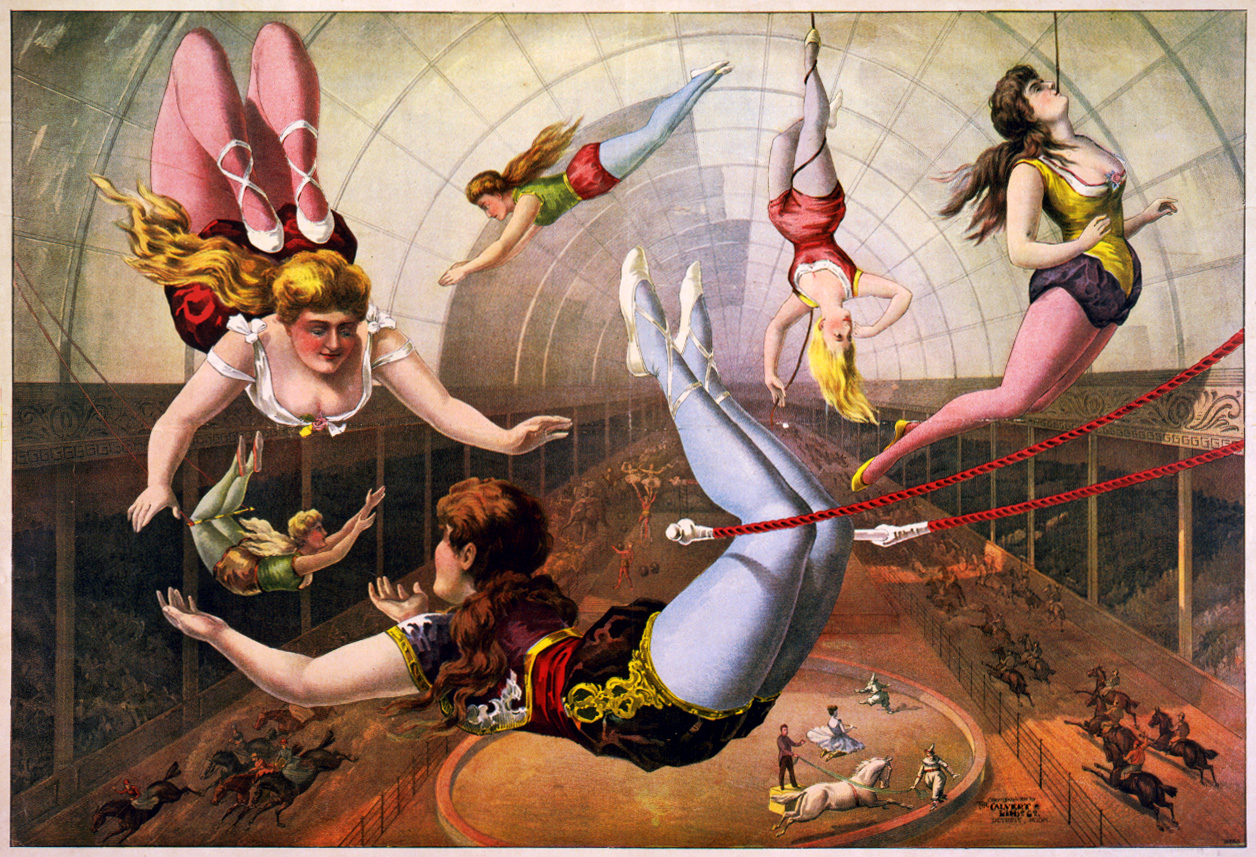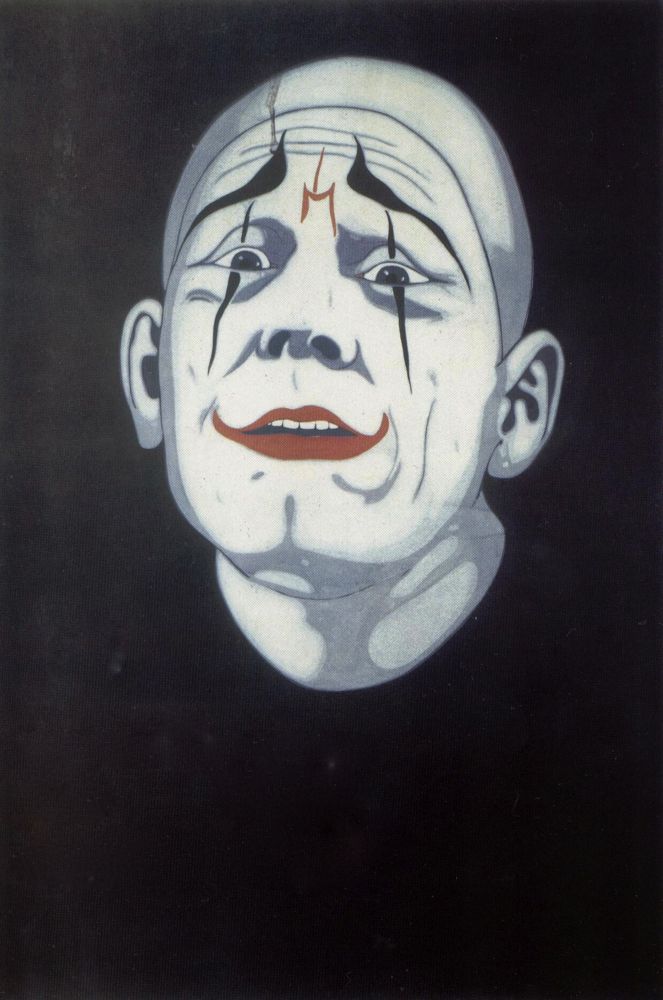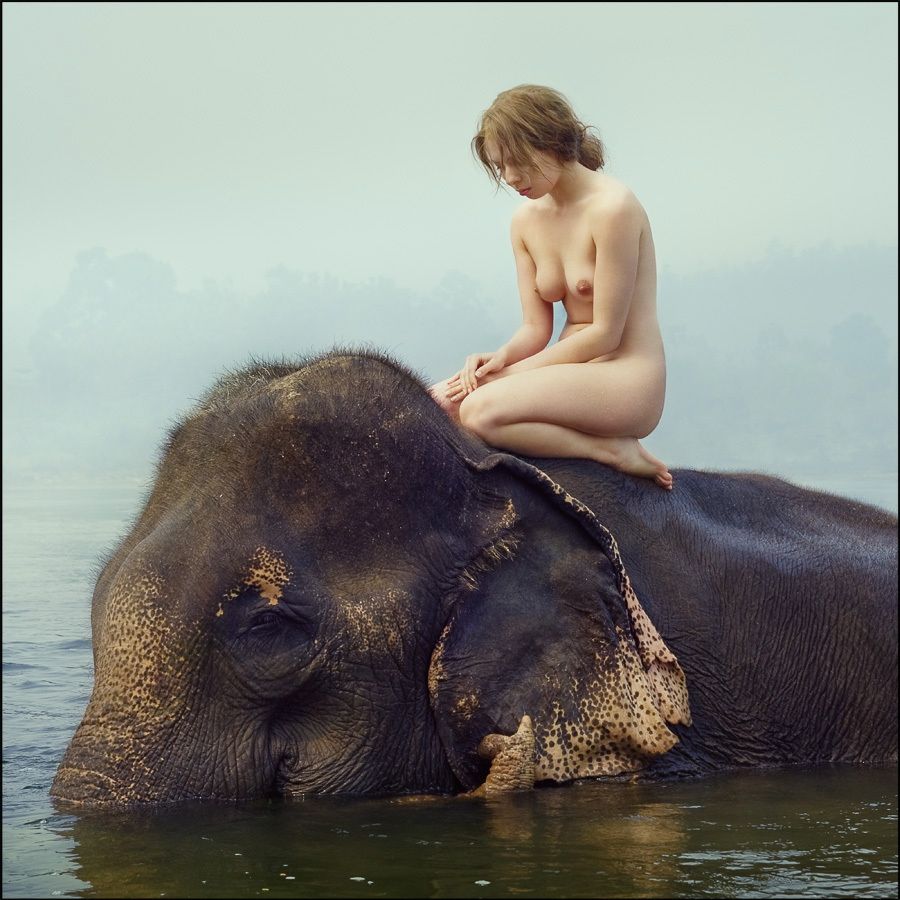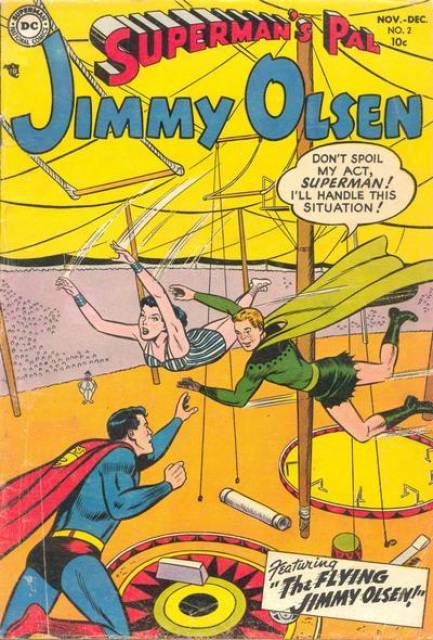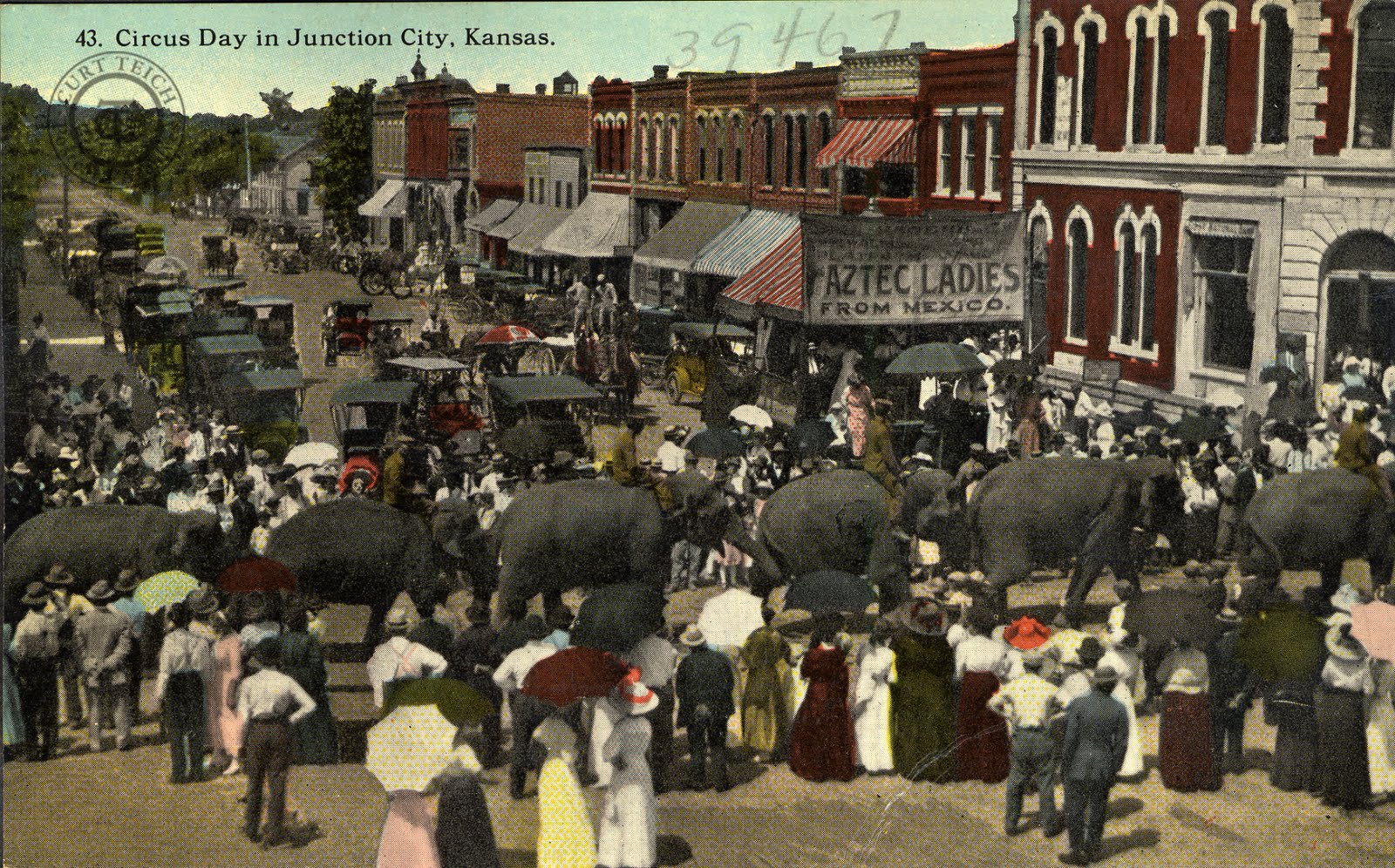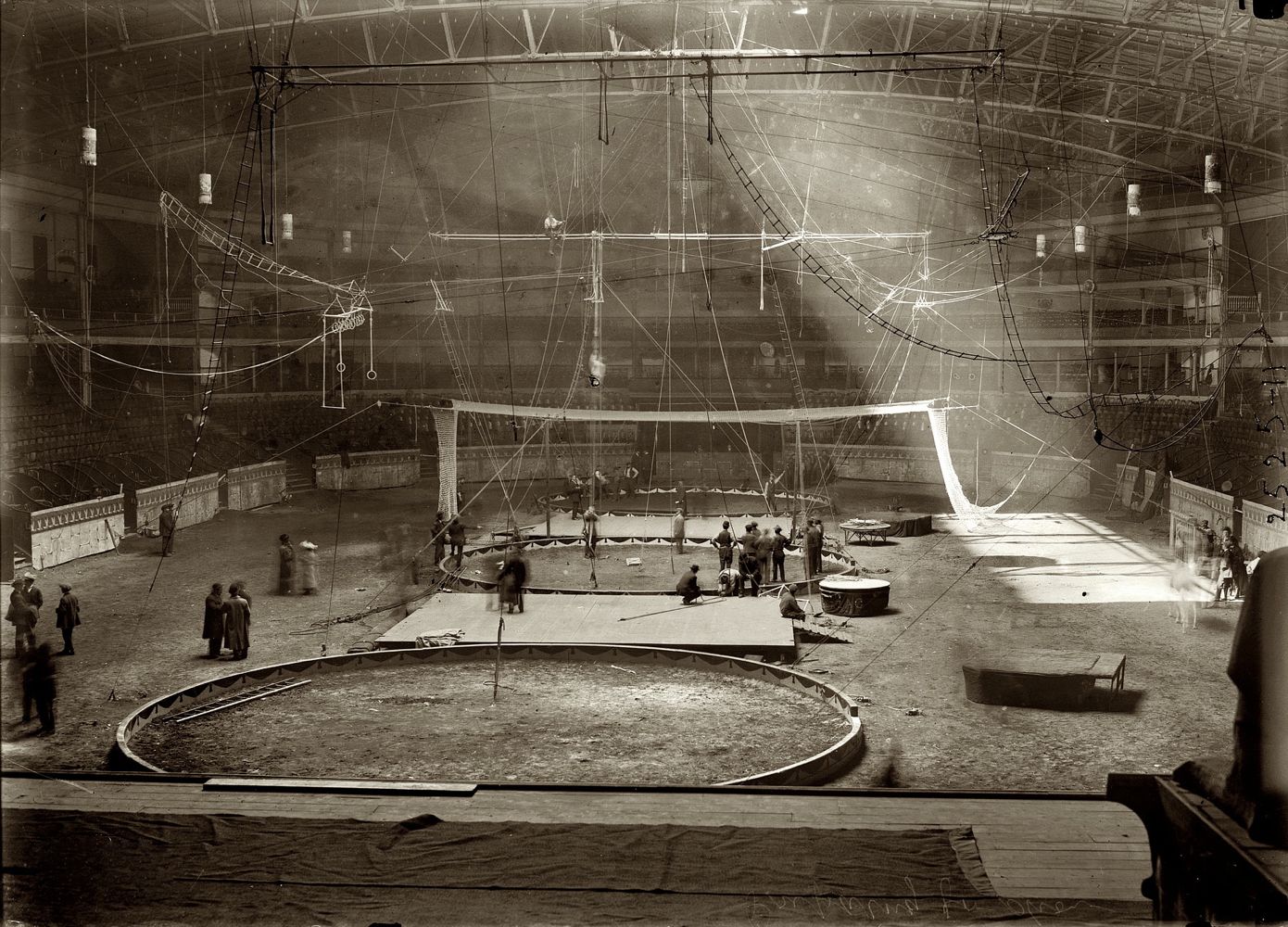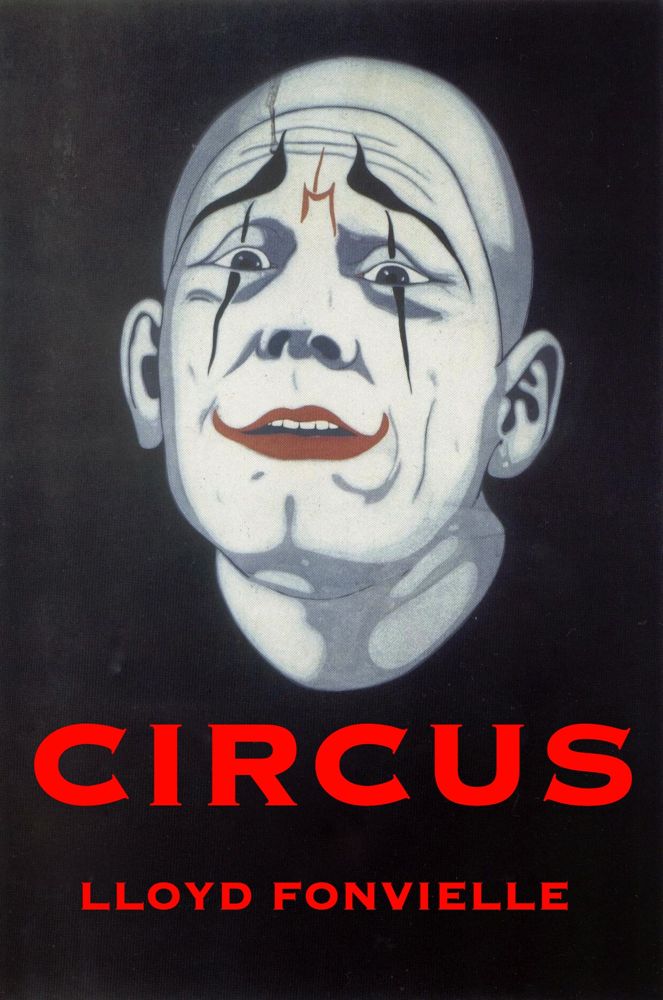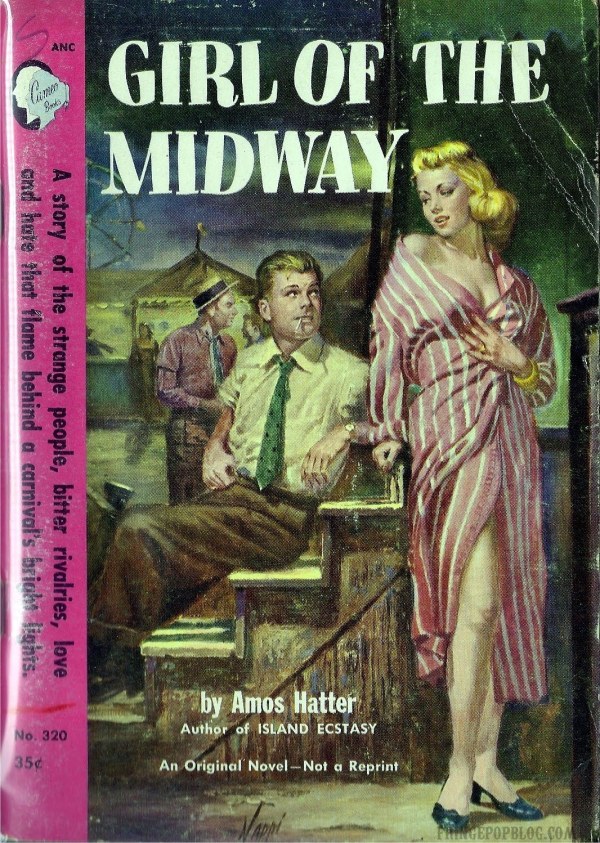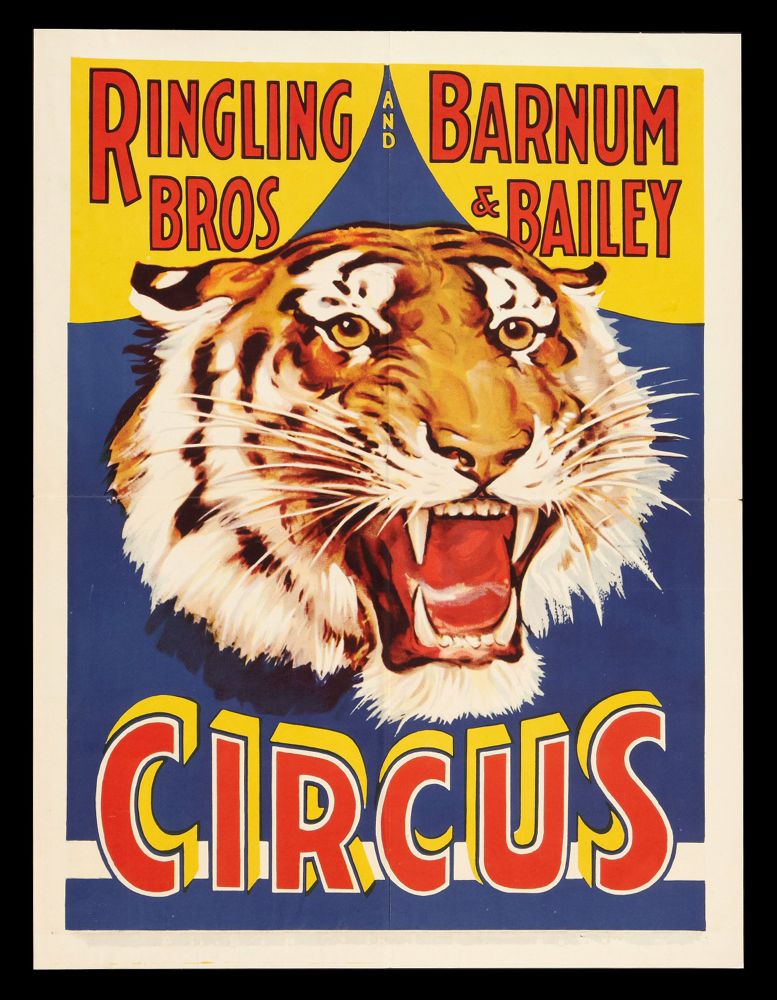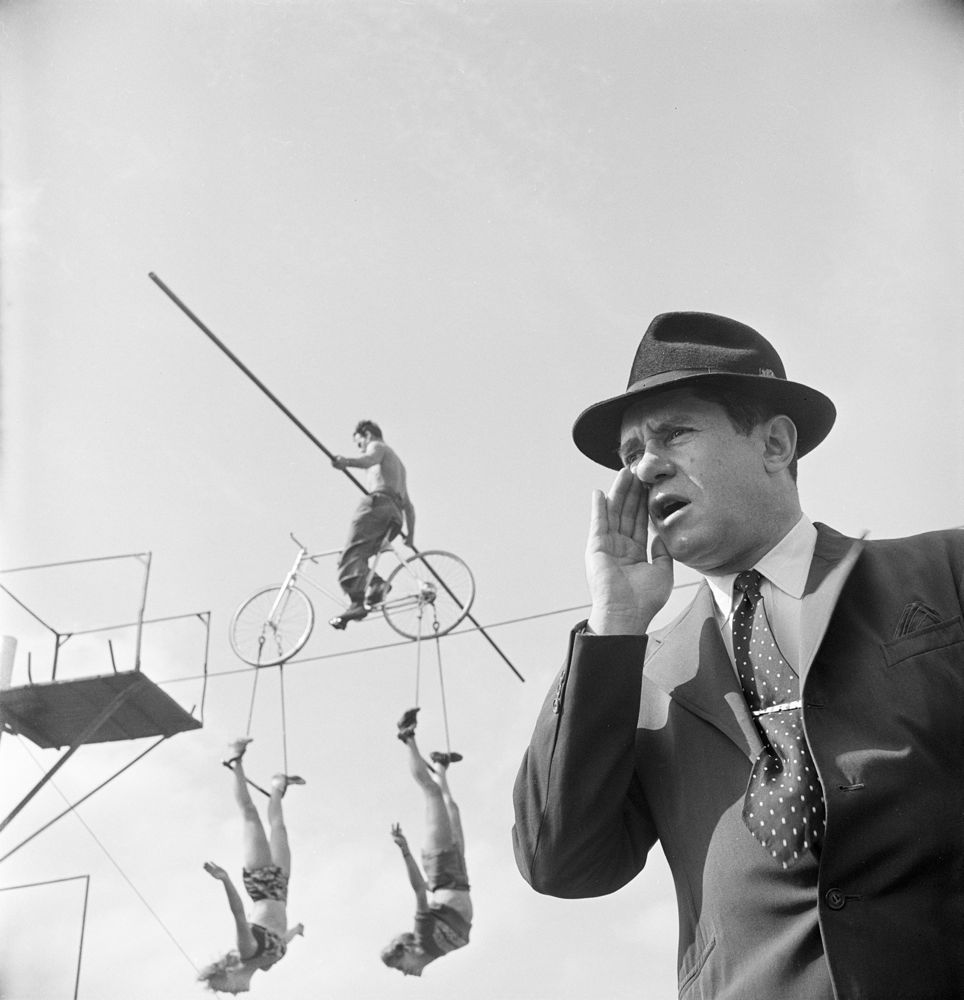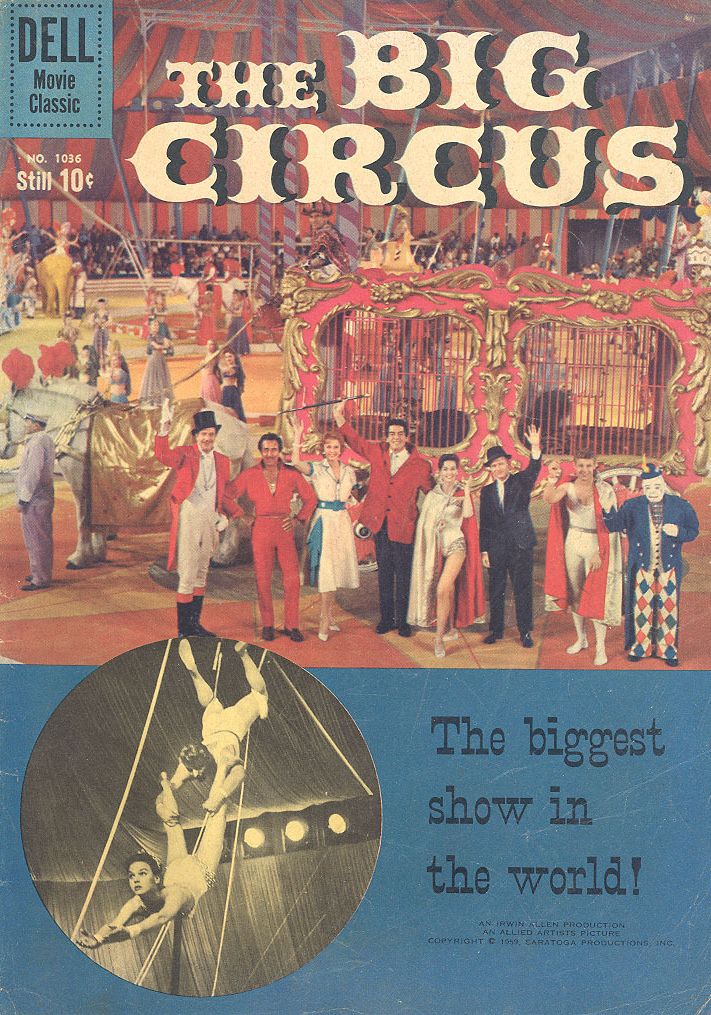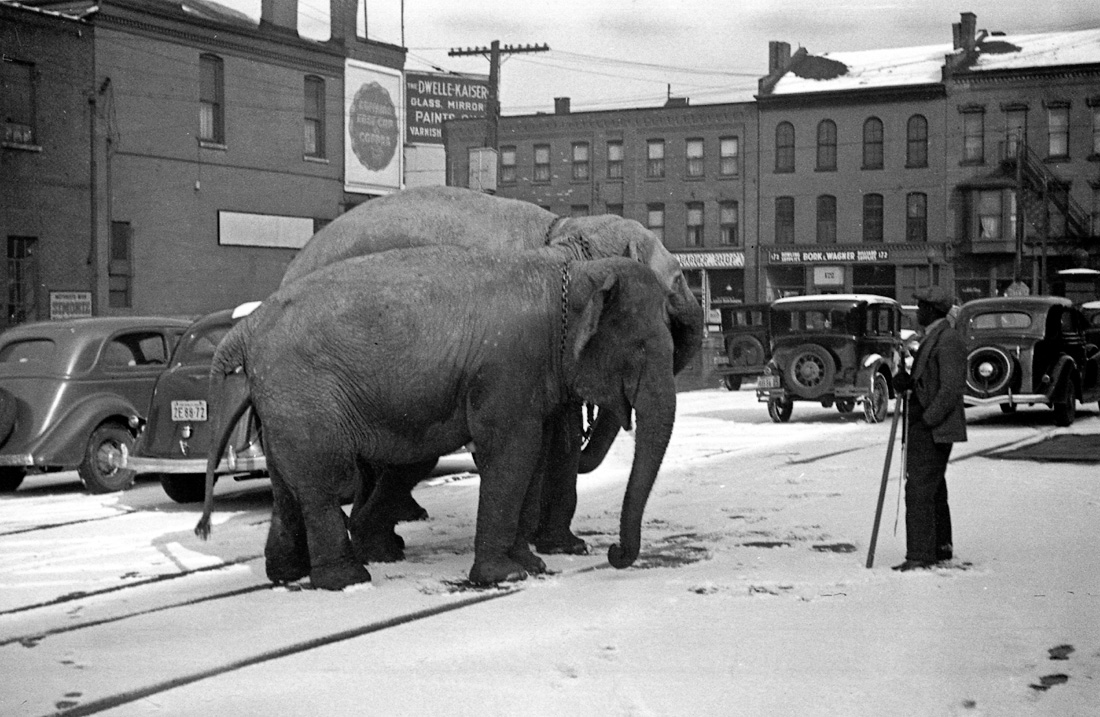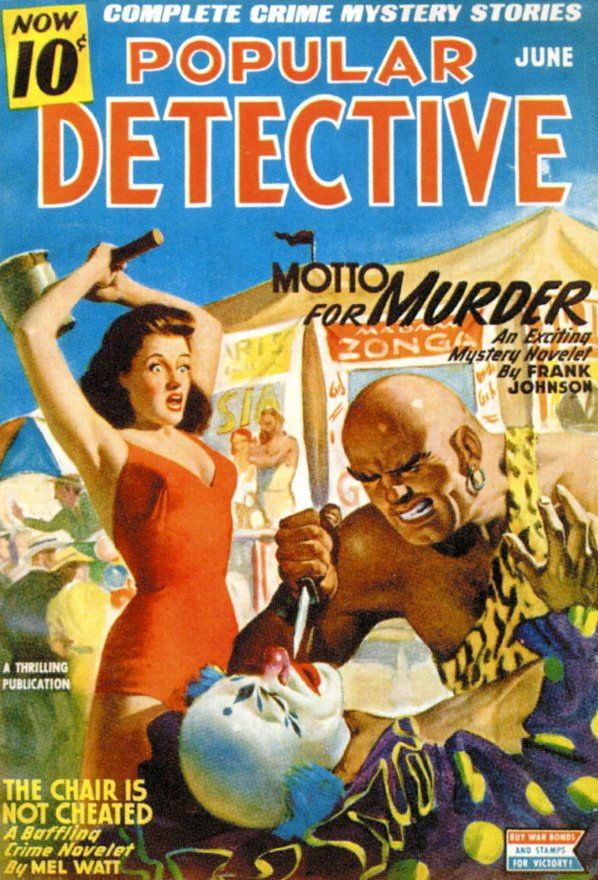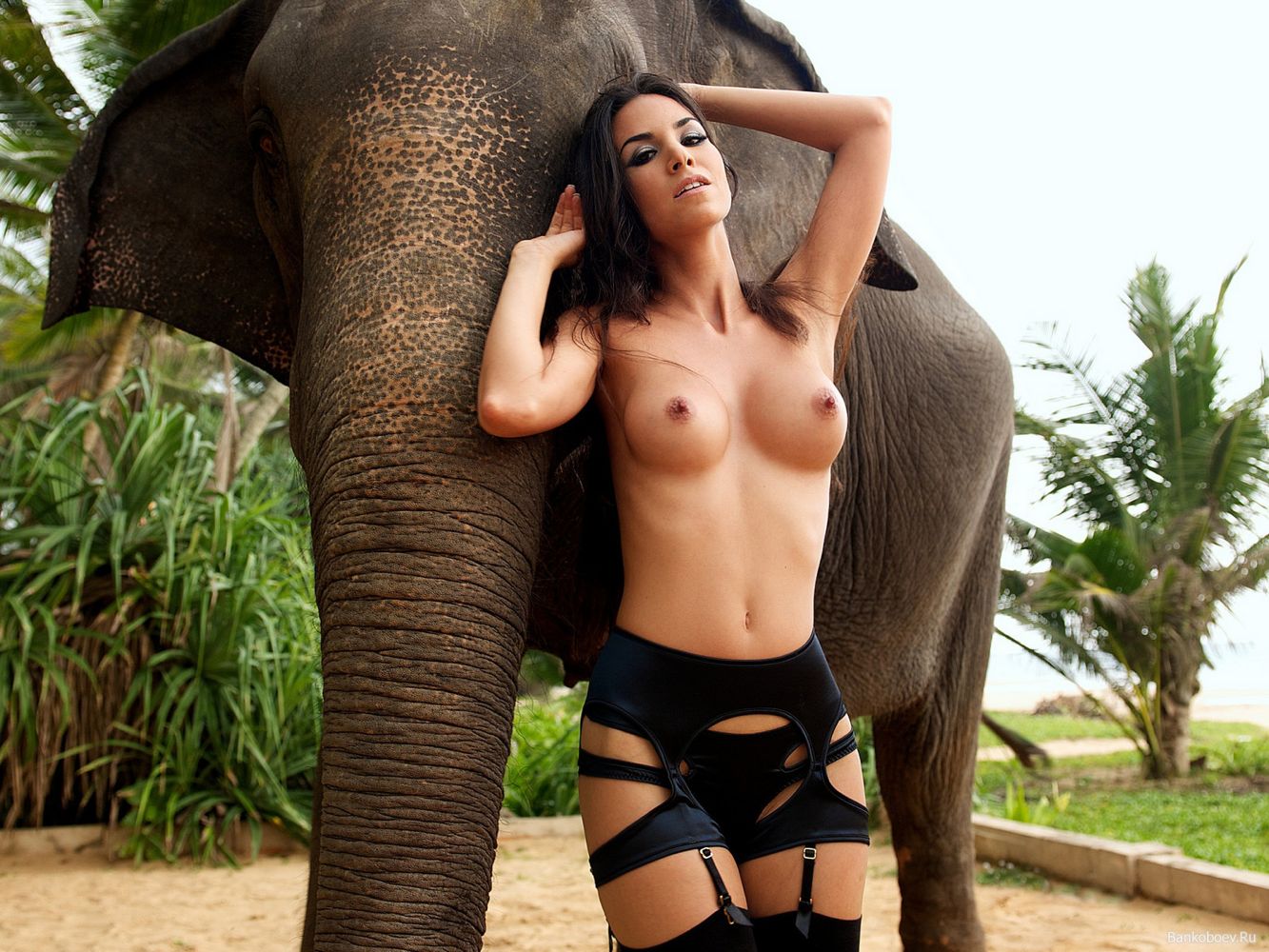Click on the image to enlarge.
Monthly Archives: July 2013
HEMINGWAY ON THE CIRCUS
The circus is the only ageless delight that you can buy for money. Everything else is supposed to be bad for you. But the circus is good for you. It is the only spectacle I know that, while you watch it, gives the quality of a truly happy dream. The big cats do things no cat would ever do. You can see them jumping effortlessly over Mr. Konyot’s head instead of making that unbelievable low rush they close with in the dusk when the female lion shows her cubs the way to kill.
The circus bulls are disciplined and can make you feel that they are gay. They do not spread their ears and raise their trunks and come crashing through the bush.
The bears ride bicycles and dance and they would all get drunk if the Klausser family let them. You have known grizzlies to do very different things. But it was always because men intruded on their natural lives.
But in the circus it is like a dream. The animals are dream animals. The riders are dream riders. The flyers really fly and catch each other the way you are caught in good dreams.
The horses make the loveliest pattern of dreams and the best are the free horses. You get from the clowns just what you bring to them. As well as that which shows, they bring a great baggage of old mockeries and deflations that are as old as our conceits and self-delusions.
They also bring the true comic that makes the dreams we wake from laughing.
Click on the images to enlarge.
WONDERS
A COMIC BOOK COVER FOR TODAY
CIRCUS PARADE
SETTING UP
PROGRESS REPORT
Today I realized who I needed to dedicate my short novel Circus to — a silent film star, whose image from an old movie poster graces the cover of the book, above.
He played a clown in two of my favorite silent movies, He Who Gets Slapped and Laugh, Clown, Laugh, and my book owes a lot to those movies — to their lurid, melodramatic, Grand Guignol excess. The book was also partly inspired by some images in King Vidor’s The Big Parade, and by The Circus, my favorite Chaplin feature.
I’d like to think of the book as resembling the scenario of a lost silent film about the circus, like Murnau’s The Four Devils — strange and suggestive, as dreams can be.
A PULP PAPERBACK COVER FOR TODAY
A CIRCUS POSTER FOR TODAY
WHIP AND SPUR
A classic circus march . . .

